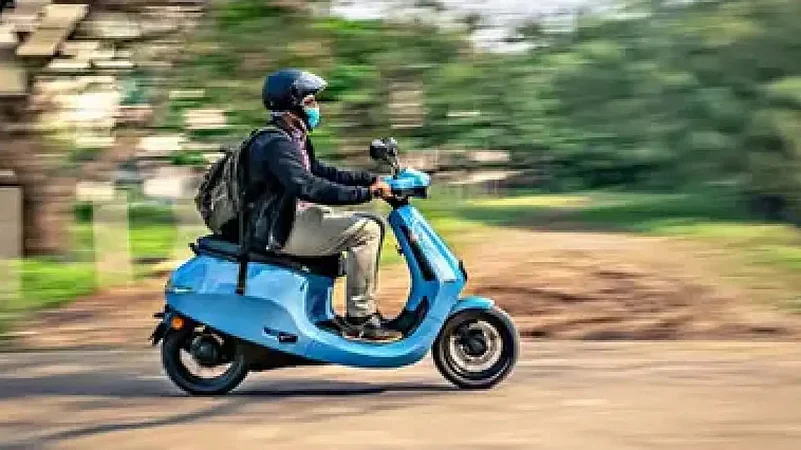After suddenly banning the use of two-wheeler taxi in the capital city earlier this week, Delhi government is now coming up with a regulatory framework that will allow two wheelers to function as taxis with commercial registration. The new framework will likely allow only electric vehicles (EV) to function as bike taxi as the government is concerned about rising pollution levels in Delhi.
The Delhi government’s transport department had banned the use of two-wheeler taxi with immediate effect on Monday, citing violation of Motor Vehicle Act, 1988. The capital city’s government also announced that violators will be fined Rs 5,000 and upwards for using private vehicles for commercial purposes.
This came as a blow to users of bike taxi in the city, who relied on the service as a cheap and reliable means of transportation. Interestingly, the ban only applies to two wheelers engaged in services of ride-hailing apps like Ola, Uber and Rapido, but not for delivery services such as Swiggy, Zomato or Zepto, although they are all private vehicles engaged in commercial activities.
On Tuesday, Internet and Mobile Association of India (IAMAI), an industry body, submitted a memorandum to the Delhi government’s transport department, asking the government to engage with all stakeholders before taking penal measures against bike taxi riders. Ashish Kundra, transport commissioner in the Delhi government, said that the government is currently examining IAMAI’s request and is yet to initiate any new discussions with the ride-hailing apps or two-wheeler taxi drivers.
Regarding the ban, Kundra told Outlook Business that the way bike taxis have been functioning in the capital city is simply impermissible. He cited absence of safety features, lack of regulation, pollution risk as main concerns about bike taxis. “Most of the bike taxis are second-hand or third-hand vehicles that are highly polluting and the [cab hailing] platforms do not conduct any checks on this,” he pointed out.
Safety of women users is also a concern as bike taxis do not have the safety features that are present in three-wheeler or four-wheeler taxis, Kundra added. According to the new framework that is yet to be rolled out, bike taxis will have to be fitted with GPS trackers to ensure the safety of women passengers.
The use of two-wheelers, without commercial registration, for delivery of goods is a grey area and the government is yet to finalise its views on this, Kundra stated.
































